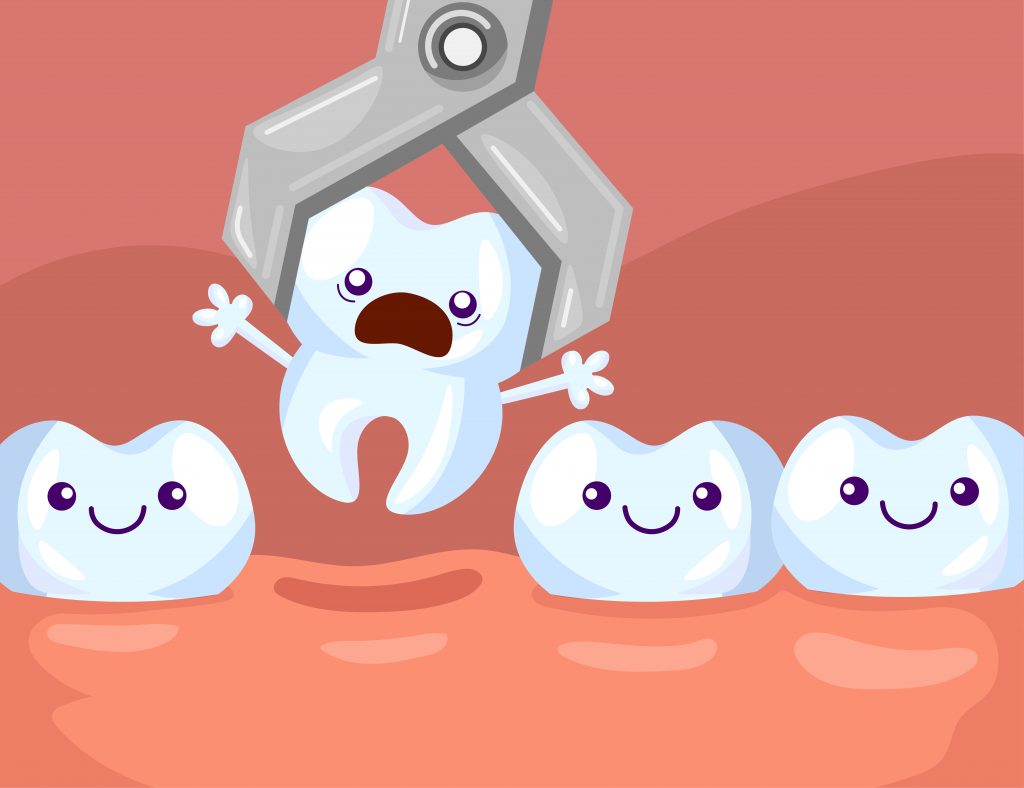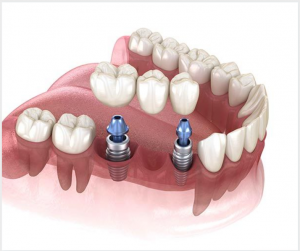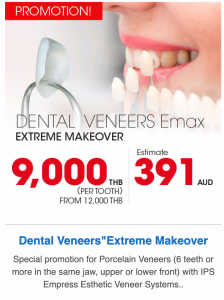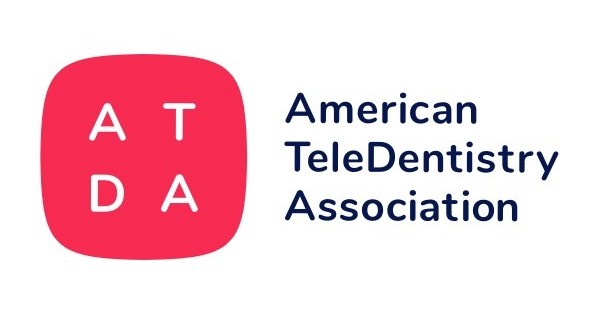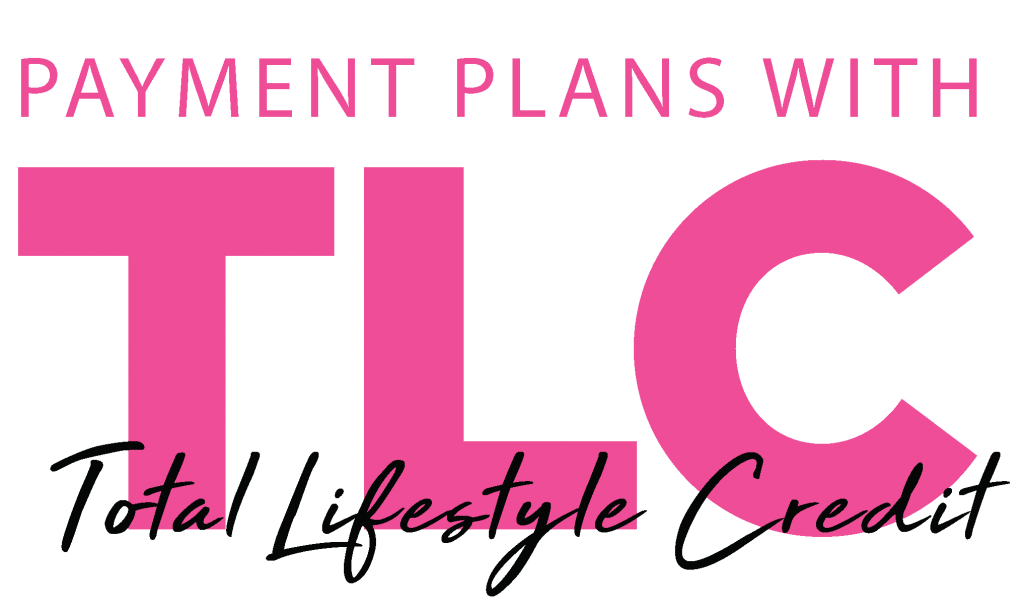Why do you need a tooth extraction?
Tooth extraction might be shocking and fearful for most patients. However, it is inevitable and even critical for a few dental problems. Young people frequently require extraction owing to impaction or incomplete eruption of their wisdom teeth. Similarly, primary teeth need removal if they fail to exfoliate at the typical time.
Other reasons for tooth extraction include unrestored dental caries, tooth infection associated with the other oral structures, traumatic injury to the tooth, and other related dental anomalies. Few dental treatments necessitate the removal of a tooth in order to provide the best possible outcome. To make room for tooth movement, orthodontic treatment for straightening and aligning teeth positions necessitates tooth removal. There are a few natural irregularities in teeth, such as their shape and the unusual number of teeth. In these circumstances, tooth extraction improves patients’ looks, normal functioning, and confidence.
What is the cost of a tooth extraction?
The cost of a tooth extraction varies depending on the complexity of the extraction. Single tooth extraction under local anesthetic requires only one visit and is less expensive. A simple extraction typically costs between $70 and $500 in USA, Canada, Australia, Singapore or $30- 150 in countries like Thailand, Philippines, Indonesia and Vietnam. The other things that matter are the age of patients, infection, and location of the tooth in your mouth.
The extraction of impacted teeth demands a special surgical procedure along with multiple pre-operation X-rays and complete medical history. The procedure can take a long time, and your dentist can also prescribe sedation anesthesia at an additional cost. The price, however, ranges from $700 to $4,000 dollars. Choose the best dental clinic in your area for tooth extractions, regardless of cost. Dental expertise can help with repaid healing and avoid the traumatic and psychological injuries of extractions.
Patient preparation for a tooth extraction
Before the scheduled tooth extraction, your dentist will examine your teeth and ask for the necessary X-ray findings. A complete medical and previous dental history is very important for a smooth and perfect extraction. If you are taking any medicine like blood thinners, antibiotics, or medication for cancer therapy, you might require the consultation of your physician before scheduling the tooth extraction.
If you are allergic to local anesthesia, you should mention it in your medical history. Similarly, pregnant females required additional care for dental extractions. A few medical conditions also require antibiotic cover before starting the procedure. The other systemic conditions that might affect your tooth extraction are:
- A History of Angina
- High blood pressure
- High blood sugar (diabetes)
- history of asthma.
- Allergy to painkillers and local anesthesia.
- Use of steroids
- Use of Aspirin and other blood thinners.
- Stroke history.
- History of heart failure or infarction.
The extraction of infected teeth can take a long extraction preparation. Most dentists prefer the pre-antibiotic course to subdue the infection and for a painless extraction.
Hypertension patients are more suitable for an early appointment.
Your appointment can be changed by your medical history, for instance.
- COPD or respiratory patients are mostly scheduled, for morning appointments.
- A hypertension patient is more suitable for an early appointment.
- Diabetic patients prefer a noon appointment.
There are a few things that you should keep in mind on the day of your extraction.
- If you are hypertensive or diabetic, take your usual medications before the appointment.
- If you have any specific medical ailment that could trigger during treatment, please bring your emergency medicine.
- The local anesthesia injection will numb your jaw, lips, and tongue. So, avoid eating just after extraction until the action of anesthesia wanes.
- You can feel a little dizzy from the sedative therapy that most dentists employ for anxious patients, so ask someone to accompany you.
The procedure of a tooth extraction
Tooth extraction is the removal of a tooth from your dental arch. Every tooth in the bone has some anchorage and support system. So, a pain-free extraction demands professional dental skills. The extraction procedure will be changed by the patient’s history, clinical examination, and the present status of the tooth.
We can divide the extraction into two types of procedures. We can categorize the extraction procedure into two subgroups based upon the complexity of extraction.
Simple Tooth Extraction:
The removal of the tooth without any bone or soft tissue, under local anesthesia, can be marked under simple extraction. All the teeth visible in the mouth without direct union with the bone can easily be removed through a simple extraction. Simple extraction has a quick and excellent healing rate without any complications.
Surgical Tooth Extraction:
The tooth under the soft tissue or partially erupted in the mouth required a surgical procedure for extraction. Likewise, a tooth that is connected with bone also needs surgical extraction. In a surgical extraction, your dentist will remove some portion of your bone with an incision in soft tissue. The complete visibility of the surgical site is essential for surgical extraction. In a few complicated cases, the extraction might require conscious sedation or even general anesthesia.
After Risks and Complications of a tooth extraction
Every dental procedure has a few risks and complications, but usually, the extraction itself is not troublesome for most patients. You may feel a little pain for a few days at the extraction site. Likewise, the surgical extraction paint feels like there is some swelling on the face for a few days after the extraction. The other side effects that you might have after or during the surgery are:
- Bleeding from the site of extraction.
- Pain after 3-5 days of extraction
- Tingling in the jaw.
By following the post-extraction instructions of your dentist, you can easily cope with all the harmful effects of your extraction.
The average recovery period after a tooth extraction
The removal of a tooth leaves a space that needs time to heal. The simple extraction takes just 2-3 weeks for complete healing. The healing can be even faster in the case of atraumatic extractions or in-person with good health. Surgical extraction takes a longer time. But the healing is more rapid in young patients than in older ones.
There are a few tips that can help with the rapid healing after tooth extraction:
- Place the gauze in the extraction socket for 30 minutes after extraction.
- Do not touch the extraction site.
- Take a good and healthy diet.
- Avoid smoking for a few days after the extraction.
- Don’t take hot beverages and spicy food for a few days after the extraction.
Take your prescribed medicine on time and contact your dentist if there are any complications.
If you need a tooth extraction, get a FREE consultation and multiple prices quotations from local or overseas dentists. Sign Up







